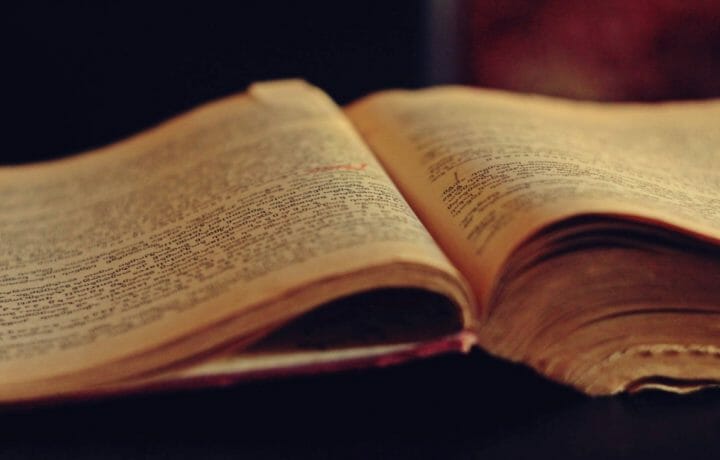“I conceive a knowledge of books is the basis upon which knowledge is to be built.”
– George Washington
On October 5, 1789, just five short months after taking the oath of office, George Washington checked out two books from the New York Library. A practical tradesman with little formal education, Washington was a diligent reader who would amass a collection of more than 1,200 titles in his lifetime. Next to the titles in the library ledger, the librarian wrote simply, “President.”
Yet Washington was never what could be described as “bookish.” Where many of his contemporaries left legacies of political philosophy, economic theory, or scientific discovery, our first President was never viewed as an intellectual. Circumstance ended his formal education at the age of eleven, but he was a lifelong learner at heart. When he wanted to be a better farmer, he read a book. When he was called upon to lead an army, he read a book. When his country elected him President, he read a book. For Washington, reading was only practical, a means to an end. When faced with a situation where he found his experience lacking, he turned to books to build his knowledge of a subject.
Within Washington’s library, a full one third focused on politics, economics, and law; not surprising for a simple plantation owner chosen to lead a fledgling nation. Roughly one in seven books concentrated on agriculture; for a young man from a landowning family, knowledge of farming would have been essential to survival. Surprisingly, perhaps, less than a tenth of Washington’s books addressed any vestige of military theory. The remaining books covered any variety of topics – religion, philosophy, history, geography, and science. Though not known as a leisure reader, Washington’s library included roughly one hundred works of fiction, poetry, and plays.
Washington didn’t just read the books in his library, he immersed himself in them. He reflected on them. He pondered the lessons they offered. He meditated on his own pursuit of knowledge. In many of the volumes in his collection, he wrote notes in the margins. When he exhausted the margin space, he turned to his diaries, where he wrote more than 900 pages of notes on his reading. In his 2017 biography of the first President, George Washington: A Life in Books, author Kevin Hayes reveals a singular pursuit of knowledge no less impressive than that of Franklin, Jefferson, Hamilton, or Madison. The man dismissed by John Adams as, “too illiterate, unlearned, unread, for his station,” possessed as great a capacity for learning as any of the Founding Fathers.
In her book, A Powerful Mind: The Self Education of George Washington, Adrienne Harrison draws a portrait of an uncommon man’s evolution beyond the confines of his limited education: “He was and still is the quintessential American success story because he applied his mind to achieving success. He was relentless in pursuing his goals, and his reading is an applied demonstration of it.” Washington’s ascendance to the pinnacle of power wasn’t achieved through a university education or circulation among the intellectual elite. It was earned through reading.
A month after Washington checked out the books from the New York Library, librarians listed them as overdue and fines began to accrue. When the New York Library started a new ledger in 1792, the old ledger – an 18-pound leather volume – went missing. Only one of the titles borrowed that day – The Law of Nations by Emmerich de Vattel – would be returned, and not for another 221 years. The library fines – roughly $300,000, adjusted for inflation – were forgiven.




